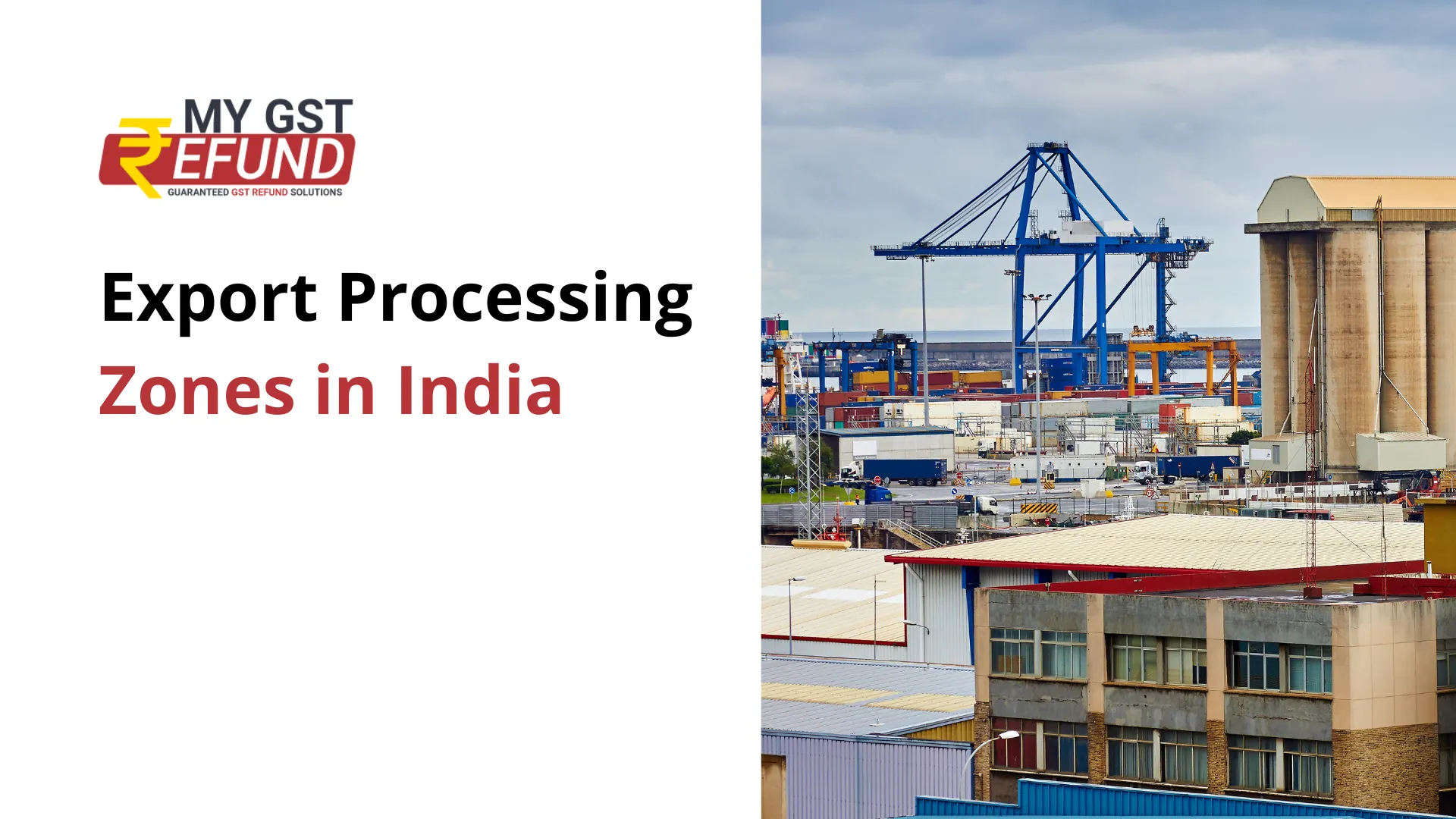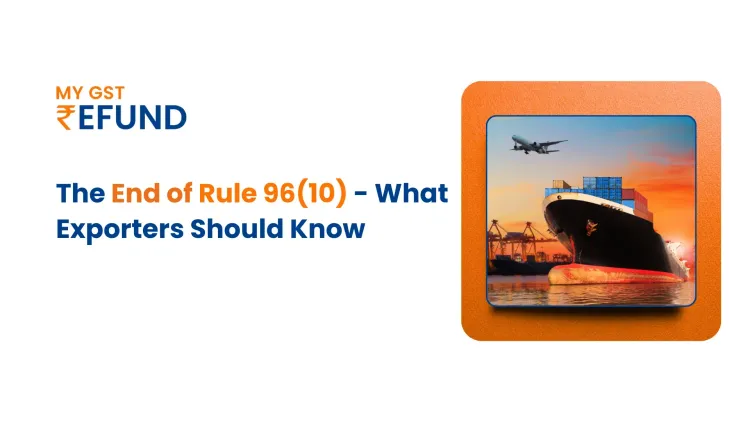India has been really important in the world economy for a long time. One big reason for this is something called Export Processing Zones or special economic zones. These special zones are like special areas set up to help with exporting things, bringing in investments from other countries, and making the economy grow. They're pretty important for India's success in global trade.
What is an Export Processing Zone?
Export Processing Zone, shortly known as EPZ is a special economic zone where Export and Import of goods are allowed without any restrictions. EPZ offers Export-Import oriented units many facilities and incentives for promoting exports from the country. It was established in the year 1980 under Export Processing Zones Authority Ordinance, 1980.
History of Export Processing Zones
The Export Processing Zone (EPZ) is a special economic zone designated by the
government of a country for the promotion of export-oriented businesses. The full form of EPZ is Export Processing The first EPZ was established in Shannon, Ireland in 1959 by the Irish government. The zones were created in response to the needs of businesses for special economic conditions and infrastructure to promote exports subsequent years, EPZs were established in other countries, including the United States and Japan. The first EPZ in Asia was established in 1965 in the Export Processing Zone of Kandla in Gujarat EPZs have been criticised for their negative effects on the local communities in which they are located. Critics argue that the zones provide preferential treatment to foreign businesses, which leads to a loss of jobs for local workers.EPZs continue to be an important part of the global economy, and their role is likely to continue to grow in the future. Businesses seeking to take advantage of the benefits offered by EPZs should be aware of the full form of EPZ and the various benefits it offers.
Objectives of Export Processing Zones
EPZs have several goals:
The primary aim is to boost export-focused industries and support the growth of Export Processing Enterprises.
They aim to create jobs, earn foreign currency, upgrade technology, and enhance productivity within EPZs.
Additionally, EPZs serve to balance regional development by drawing industries to underdeveloped areas.
These zones also contribute to a country's economic development by providing employment opportunities and increasing foreign currency earnings.
They facilitate technological advancements and productivity improvements within Export Processing Enterprises.
EPZs are viewed as tools for achieving balanced regional development by attracting industries to less developed regions.
Types of Export Processing Zones
In India, there are two main types of Export Processing Zones:
Multi-product SEZs: These zones are for different types of industries. They allow many different products and services to be made and sent out for sale in other countries.
Sector-specific SEZs: These zones focus on specific areas, like electronics, clothes, or making software. They aim to take advantage of the skills and advantages in those particular areas.
Contribution of Export Processing Zones in India's Economy
Export Processing Zones are really important for India's economy. Here are some big ways they help:
1. Foreign Money: EPZs bring in a lot of foreign money. This helps the economy grow and brings new technology and skills to India.
2. Jobs: EPZs create a lot of jobs, especially in the areas near the zones. This means more people can work and earn money, making life better for them.
3. Selling Stuff: EPZs help India sell more things to other countries. This is good because it helps balance the amount of stuff we buy from other countries with what we sell to them. It makes India stronger in the world market.
Advantages of Export Processing Zone
Export Processing Zones in India give lots of good things to businesses to encourage them and help exports grow. Some of the benefits are:
Less Taxes: EPZs make it so businesses don't have to pay as much tax on things like customs, excise, and services. This saves them money and makes running their business cheaper.
Good Infrastructure: These zones have really good facilities like reliable power, transportation, and communication networks. This helps businesses work smoothly.
Easy Rules: EPZs make it simpler for businesses to set up and run because they cut down on all the complicated paperwork and rules. This makes it easier for businesses to get started and keep going.
Global Markets: Being in EPZs helps companies sell more things to other countries. It gives them better chances to reach international markets and sell more stuff overseas.
Management System of Export Processing Zones
In Export Processing Zones (EPZs), things work differently than in other parts of the country. In EPZs, factories are only for making things to sell abroad. These factories get special breaks on taxes and other benefits to encourage them to sell more overseas. The government also made EPZs to bring in money from other countries. They usually put EPZs in places where there are a lot of companies that sell things abroad. The Export Processing Zone Authority is the group that runs and takes care of EPZs. They make sure everything in the zones runs smoothly.
Challenges faced by Export Processing Zones
While Export Processing Zones have been instrumental in boosting India's exports and industrial growth, they also face some challenges that need to be addressed:
Land Acquisition: Acquiring large tracts of land to establish EPZs can often be challenging due to legal complexities and resistance from local communities.
Competition with Global SEZs: With several countries offering similar incentives, EPZs in India face competition in attracting foreign investments and businesses.
Infrastructure Development: The success of EPZs depends on robust infrastructure development, which requires continuous investment and maintenance.
Way to Forward
EPZs in India have a bright future, even though they face some problems. The government is taking steps to improve them. They are making rules better and helping businesses work easily. These efforts will make EPZs better and more competitive.
Conclusion
In conclusion, Export Processing Zones in India have been very important for making the country's economy grow and for doing trade with other countries. They help businesses in many ways, and the government supports them. EPZs are a big part of India's plans for trade and industry. As the world changes, these zones will keep helping India stay competitive and do well in the global market.
FAQs
Q.1 Which were Asia's first export processing zones ?
Ans. India was among the pioneers in Asia to adopt the Export Processing Zone (EPZ) model for boosting exports. Asia's initial EPZ was established in Kandla as early as 1965.
Q.2 What is the mission of EPZ ?
Ans. To effectively and efficiently attract and retain export-oriented investments in order to achieve national objectives.
Q.3 When was EPZ created ?
Ans. Since 1947, nation-states have established Export Processing Zones (EPZs), offering tax and customs holidays to attract investors.
Also for you - GST Refund for SEZ Units
Related Posts







